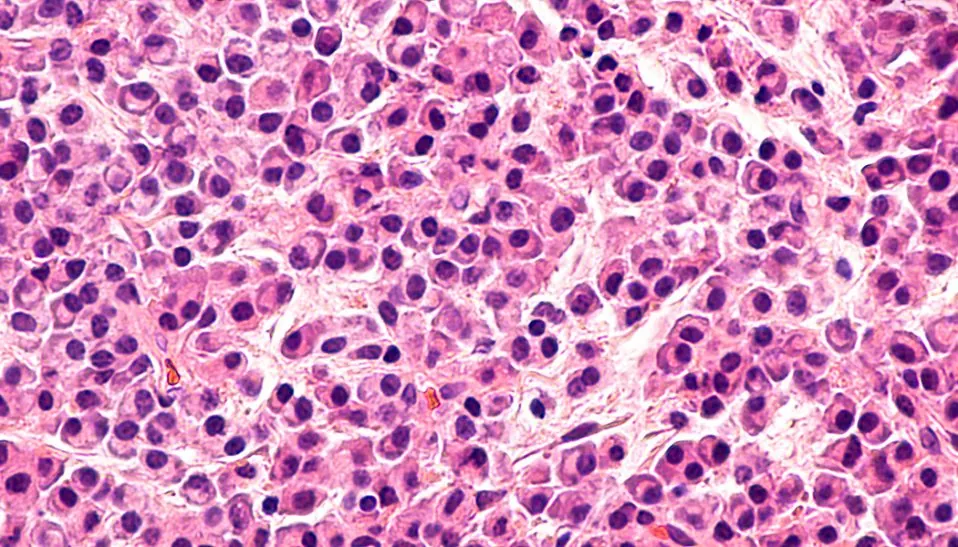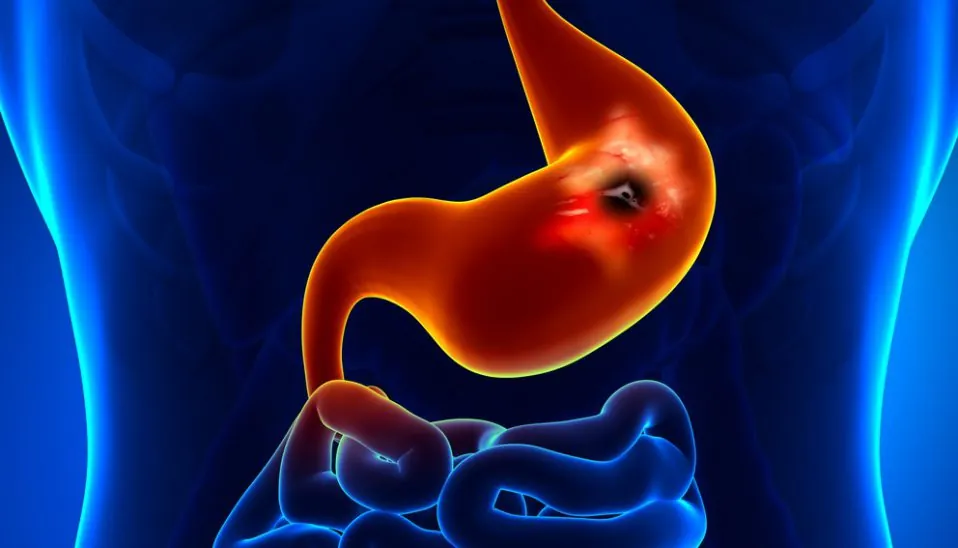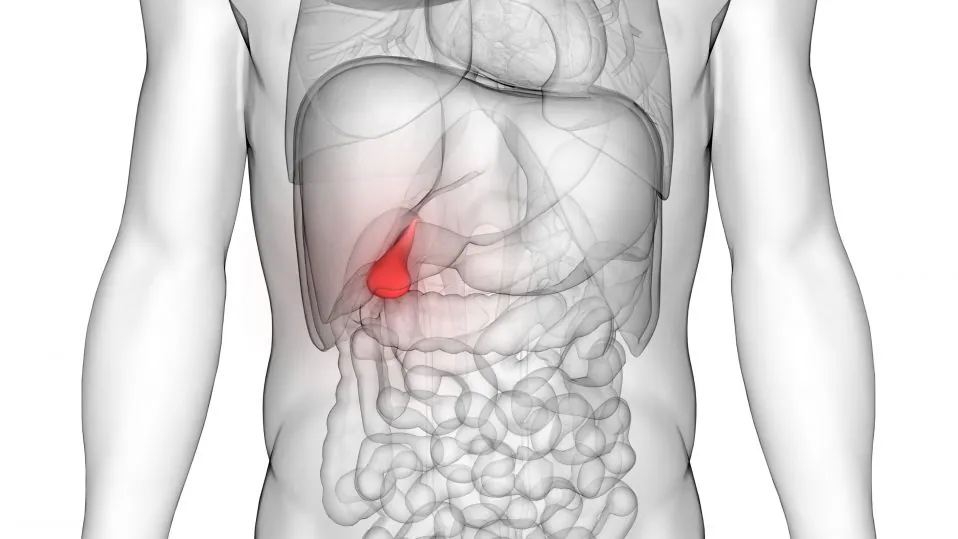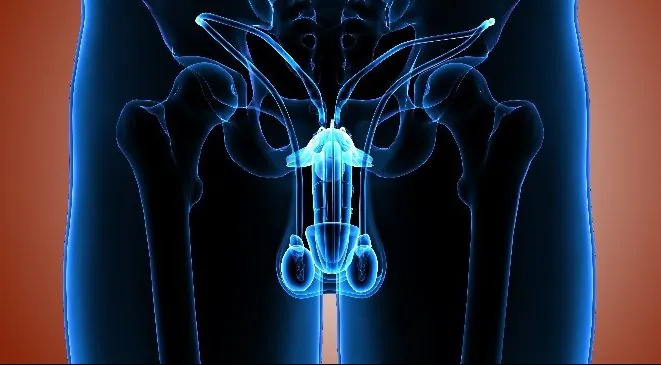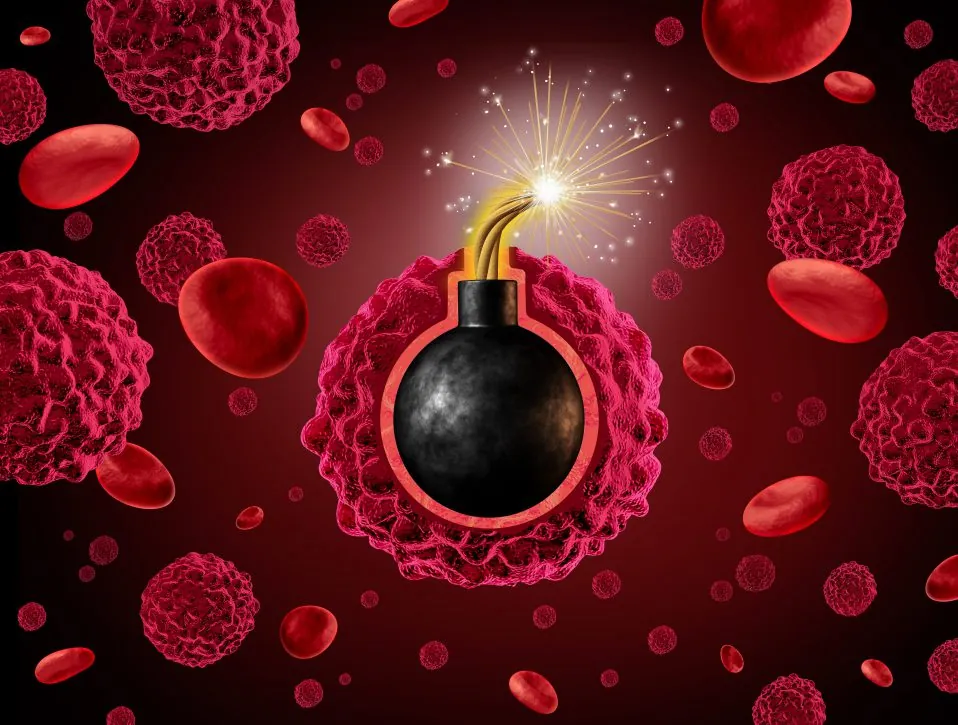Protein Fueling Gallbladder Cancer Identified
With February being Gallbladder and Bile Duct Cancer Awareness Month, the National Foundation for Cancer Research wishes to profile a recent study focused on the indication. Like cancers of other organs buried deep within the body, gallbladder cancer is notoriously difficult to diagnosis in its beginning stages; most patients do…...
New Therapeutic Option for Triple-Negative Breast Cancer
Triple-negative breast cancer, one of the deadliest and most aggressive forms of breast cancer, spreads quickly, is resistant to many chemotherapies and is likely to reoccur even after a seemingly successful round of therapies. The cause for the later is the resiliency of a subset of cancer cells called cancer…...





